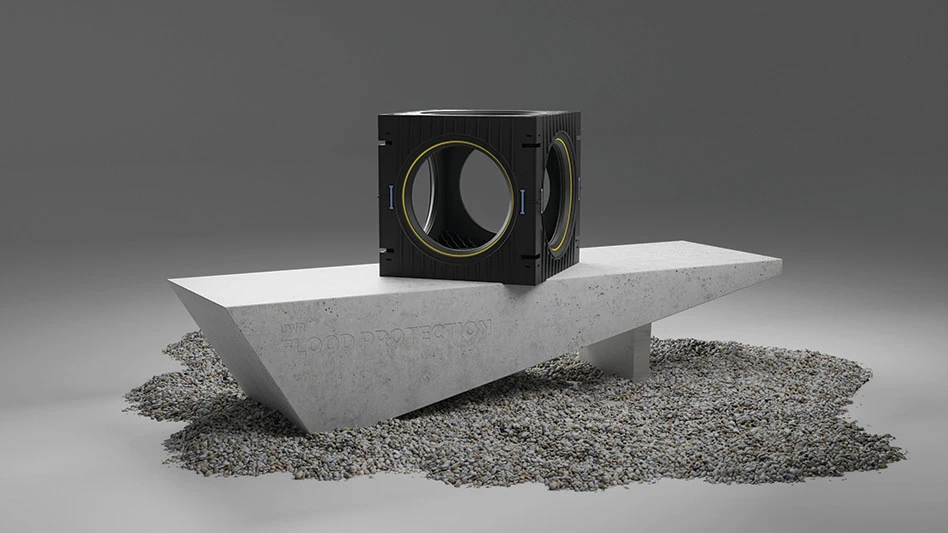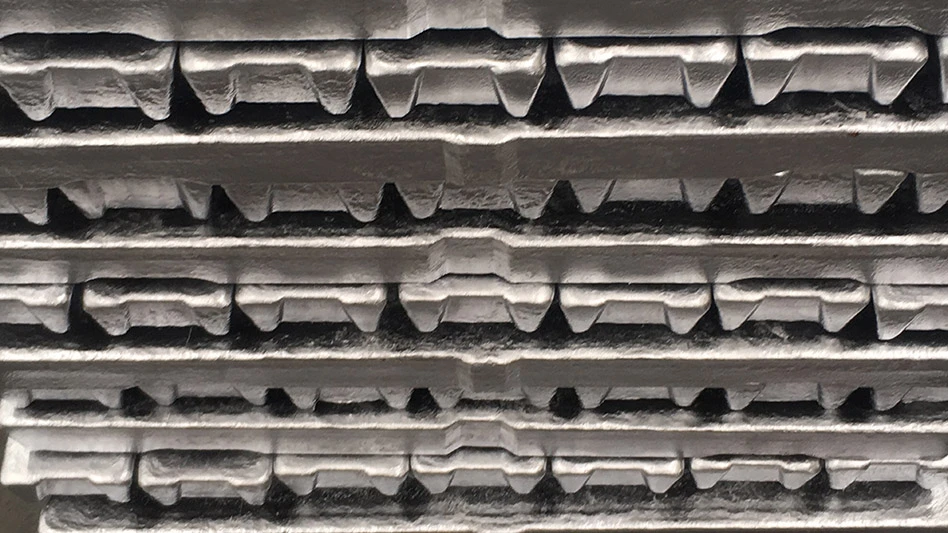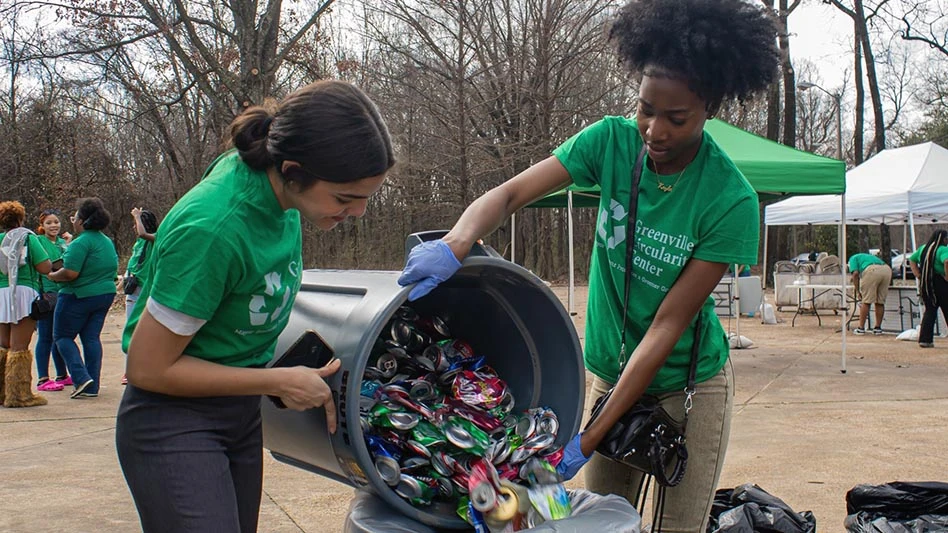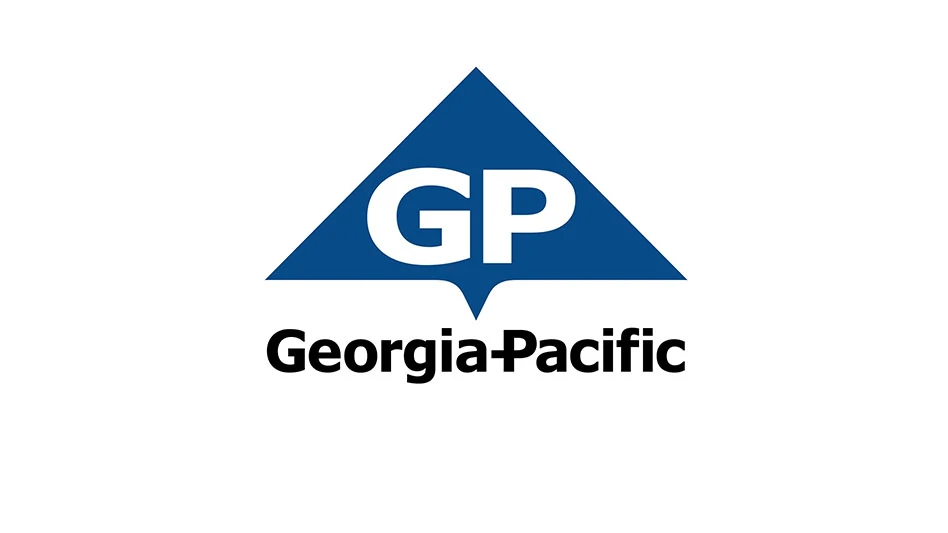
Photo courtesy of Polykemi
A collaboration between Sweden-based plastics companies Polykemi and Rondo Plast AB has resulted in a recycled polypropylene (PP) resin that Danish Urban Water Retention (UWR) has used to develop an award-winning modular system to manage stormwater and prevent flooding in urban settings.
The companies say the PP-based product was designed to meet tough specifications and enhance its sustainability profile.
According to UWR, the product consists of square modules that are “assembled like Legos” and are placed next to and on top of each other underground to create either storage or transportation of stormwater in the effort to reduce the risk of flooding. To support heavy weight from above, a customized recycled plastic was needed that could meet high stiffness requirements, which ultimately were provided by Polykemi and Rondo Plast.
RELATED: Polykemi invests to strengthen laboratory operations
The companies say the base material in the modules is a commonly used material in the automotive industry, which has been customized and strengthened to fit this specific product.
“The material is a REZYcom PP with a specific polymer composition, reinforced with glass fiber, which together provide the necessary stiffness,” says Fredrik Holst, product manager for recycled materials at Polykemi, a plastics compounder, and Rondo Plast, a recycled plastic material supplier. “We also have excellent repeatability with the material, so UWR will experience the same performance with every delivery.”
UWR says its product’s success is directly linked to the PP-based material.
“We would not have achieved the success we have with our product without the material composition,” says Christian Rosenvinge, UWR’s production and procurement manager. “There’s no need to debate if it’s brilliant—it is brilliant.”
UWR says one of the aims of its product is to increase cities’ resilience to climate change while also pursuing other sustainability goals. Rosenvinge says using the recycled-content product has reduced its CO2 footprint by 65-70 percent.
“The stiffness and strength we achieved mean UWR’s clients can place their cubes relatively shallowly in the ground, which has the effect of reducing the amount of soil that needs to be transported away—a win in the overall sustainability concept, but it should also provide an economic advantage for UWR’s customers," Holst says.
Material collaboration
The companies say their relatively close proximity to one another proved beneficial as they developed the recycled-content product.
“UWR took the chance to visit us together with their clients to see our production and let our technical experts demonstrate the material on-site, as a kind of extra quality assurance,” Holst says.
From the beginning, UWR aimed to use material based on recycled raw materials, but it took some effort before the two sides found the right fit.
“We worked closely with the lab at Polykemi and, in the end, we found a recycled plastic material that met all our requirements,” Rosenvinge says.
The companies say the modules in UWR’s system have a lifespan of 75 years compared to conventional products on the market today, which have a lifespan of 25-30 years.
“Apart from how the modules are designed, the customized material is a big reason why the lifespan is so good,” Rosenvinge says.
In March, UWR won an Aquatech Innovation Award in the “Transport and Process & Control” category for the product. Held in Amsterdam, Aquatech is considered the world’s largest trade show for water technology.
“Winning the award is a great sign of quality,” Rosenvinge says. “We started production in October 2023, and now have ongoing projects with deliveries to Denmark, Norway, the U.K., Portugal, the Netherlands and Germany. This may lead to more clients discovering our solution.”
Holst says Polykemi is “thrilled” to be a part of this product collaboration, adding that UWR has earned its spotlight. “For us, it’s proof that we’re doing the right things as a supplier," he says.
More from our latest newsletter
- Japanese scrap can feed its EAF sector, study finds
- Aurubis CEO says its metals play vital role
- LME reports healthy trading volumes in Q1
- Singapore EAF melt shop idled
- Longtime paper industry veteran announces retirement
- International Paper in talks to divest 5 European box plants
- Study looks at potential impact of chemical recycling on global plastic pollution
- LYB publishes 2024 sustainability report






